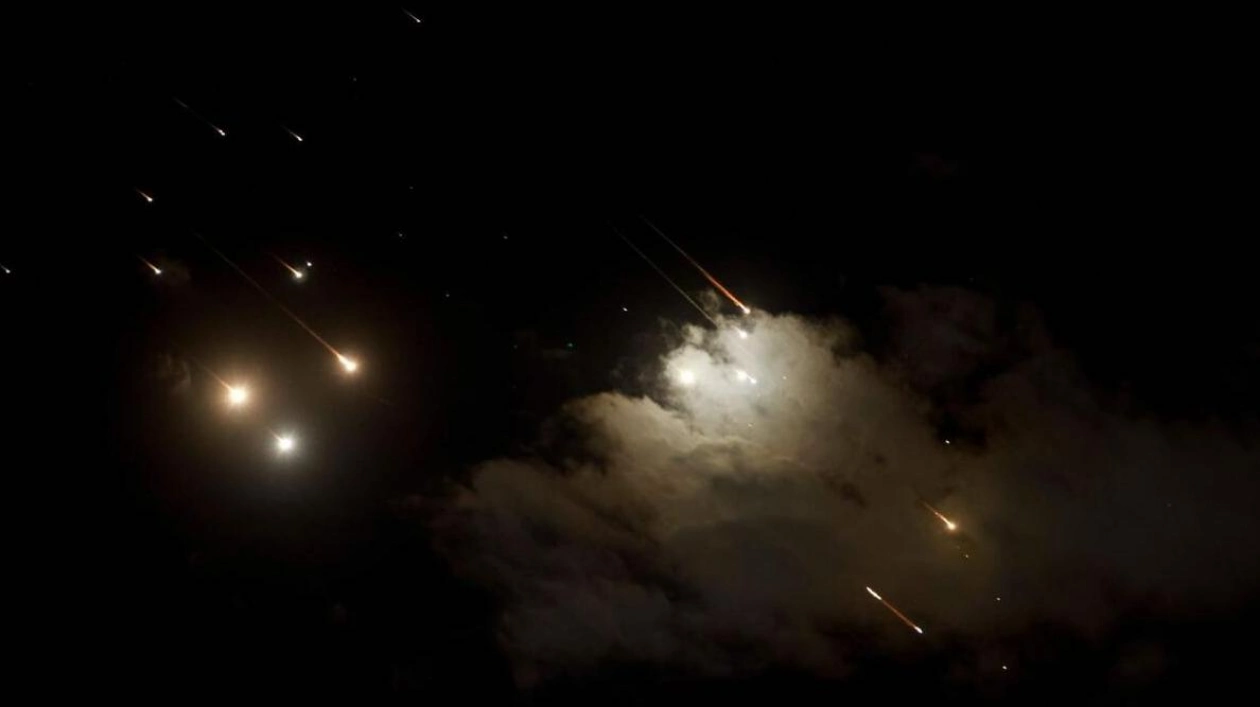The US is aware that Israel will retaliate following Iran's significant missile attack and even supports such a response, but is attempting to shape the nature of the retaliation, cautioning against targeting Tehran's nuclear facilities.
US President Joe Biden, after consulting with his G7 counterparts on Wednesday following Iran's launch of approximately 200 ballistic missiles, set a clear red line for Israeli Prime Minister Benjamin Netanyahu. "All seven of us agree that they have a right to respond, but they should respond in proportion," Biden stated, without elaborating on what such a response might entail.
All parties involved recognize that any retaliatory strike against Iran's nuclear or oil installations could further plunge the Middle East into chaos, but Israel has yet to make a decision. US Secretary of State Antony Blinken discussed this issue with his French, British, German, and Italian counterparts, according to the State Department.
In Washington and other locations, a sense of foreboding is growing as officials await whether Netanyahu, under domestic pressure to act, will be tempted to strike hard and deeper into Iran, taking the fight to the country's sworn enemy. After dealing a severe blow to the Iran-backed Hezbollah in Lebanon by assassinating its leader last week and subduing Hamas in the Gaza Strip, will Netanyahu view this as a unique opportunity to take significant action? It's a question of immense importance.
On Wednesday, former Israeli premier Naftali Bennett called for a decisive strike to destroy Iran's nuclear facilities. US State Department spokesman Matthew Miller stated that Washington has "made clear for some time that we do not want to see a full-blown regional escalation". "Israel has a right to respond... and we are going to continue to discuss with them what that response might look like, but we don't want to see any action that would lead to a full-blown regional war," he told reporters.






